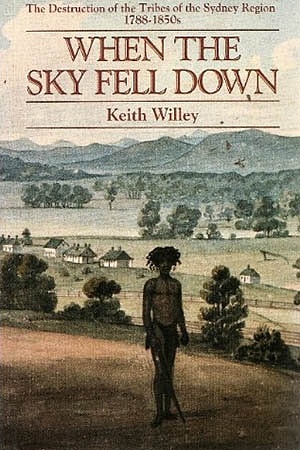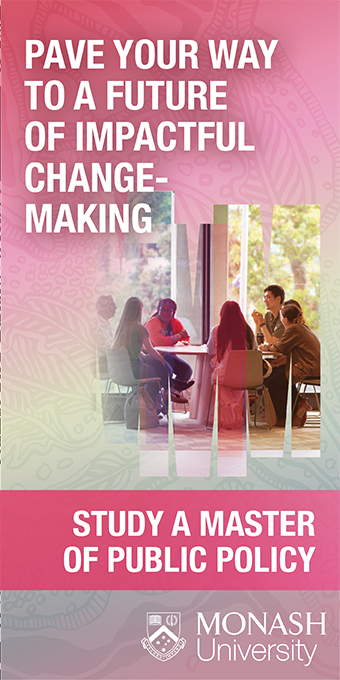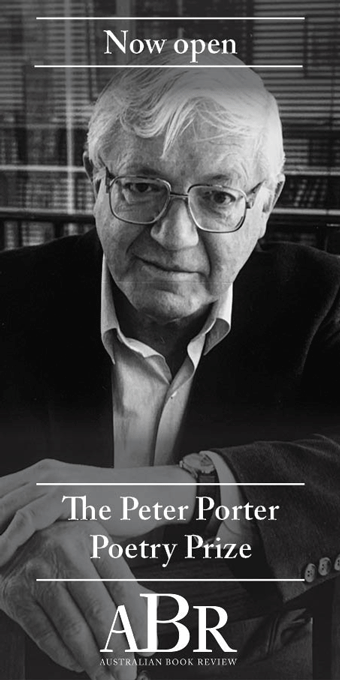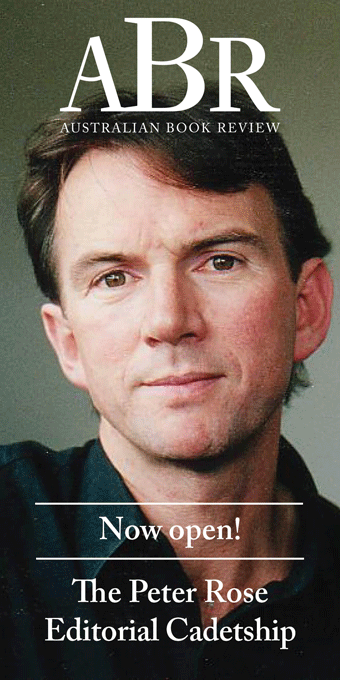The Quiet Revolution: Indigenous People and the Resources Boom (2012 Boyer Lectures)
ABC Books, $16.99 pb, 175 pp
Indigenous Studies
More than history's victims
by Tim Rowse •
The Aborigines of Australia are among the more land-rich of colonised peoples. More than one fifth of Australia is under Aboriginal ownership, and a perpetual fund – established by Labor and fattened by Coalition and Labor governments – will add to this estate. To examine this recent change in Australian real estate as a ‘quiet revolution’ was a good choice of theme by Marcia Langton.
Continue reading for only $10 per month. Subscribe and gain full access to Australian Book Review. Already a subscriber? Sign in. If you need assistance, feel free to contact us.















Comments (4)
A premise of my review is that Professor Langton is a strong intelligent person writing in good faith. Evaluating what she says about the relationships between mining companies and Aboriginal communities is more important than speculating about why she says it. I did not evaluate her contentious proposal that mining companies be given tax breaks for funding community infrastructure. Here’s what I think. I am ambivalent about ‘corporate social responsibility’. On the one hand, I want Aboriginal communities (and Universities) to be less reliant on government funding: diversifying their funding sources creates room for manoeuvre. On the other hand, to privatise the responsibility for funding public goods (such as Aboriginal community infrastructure and Higher Education) is a step away from the social democratic formula of government that I believe is best. Equity is a responsibility of states and only a discretionary choice of philanthropy. I want to see Professor Langton’s proposal debated, not dismissed because of its provenance. Debate about the corporate funding of Universities must also continue, to canvass its risks and opportunities.
Tim Rowse
Leave a comment
If you are an ABR subscriber, you will need to sign in to post a comment.
If you have forgotten your sign in details, or if you receive an error message when trying to submit your comment, please email your comment (and the name of the article to which it relates) to ABR Comments. We will review your comment and, subject to approval, we will post it under your name.
Please note that all comments must be approved by ABR and comply with our Terms & Conditions.